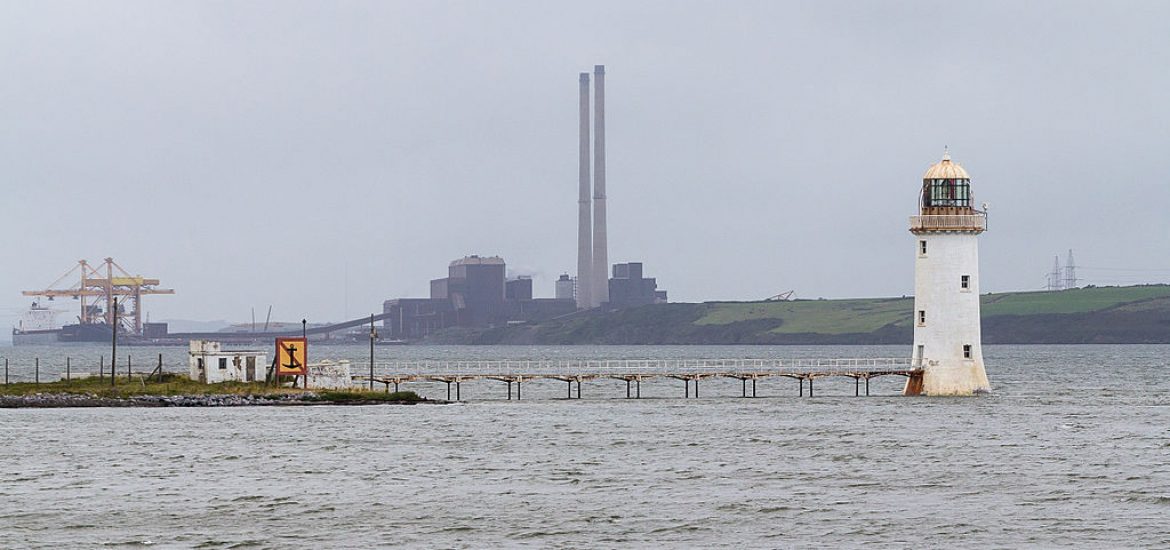
Ireland will fall short of its 2020 EU renewable energy targets, the Sustainable Energy Authority of Ireland (SEAI) has warned.
The body’s report predicted that 13 per cent of the country’s energy will come from renewable sources next year, three percentage points short of Ireland’s 2020 target of 16 per cent.
The Irish Wind Energy Association said wind provided 37 per cent of the republic’s electricity in the first quarter of 2019.
Dr David Connolly, chief executive of the association, told the media: “We had a very strong start to the year for wind energy, particularly in February when wind energy produced the most electricity, even surpassing natural gas, so we hope to build on this in the coming months.
“Wind energy is an Irish success story, driving down electricity costs for consumers, cutting millions of tonnes of carbon-dioxide emissions every year and securing a homegrown energy future that doesn’t depend on importing fossil fuels.”
Ireland’s over-reliance on conventional heating has been blamed as a major contributory factor for its projected failure to meet targets.
The SEAI’s annual report monitors Irish progress as it seeks to achieve its 2030 and 2050 emissions targets, in line with its commitments under the 2015 Paris climate agreement.
It said the targets were still achievable but only if radical reductions were delivered, such as reductions similar in scale to the 1.8-per-cent drop in carbon emission during 2018.
The SEAI report said this level would have to be repeated each year.
However, last year’s reduction was largely due to a three-month outage at the coal-burning Moneypoint power station (pictured) in County Clare, which has subsequently returned to production.
In other news, the European Climate Foundation has assessed Ireland’s draft National Energy and Climate Plan (NECP) and awarded Ireland just 38 out of 100.
Socialist-led Spain was the best performing member state with 52 out of 100.
Catherine Devitt, policy chief at the Stop Climate Chaos Coalition, said: “This analysis confirms [environment minister Richard] Bruton’s own assessment of his draft NECP, that it is a ‘business as usual plan’.
“Obviously, a score of 38 out of 100 is a clear fail. And business as usual is simply unacceptable.
“What is imperative now is that the minister implements the Oireachtas [parliamentary] committee roadmap for action on the urgent timelines they laid out and that he incorporates all their recommendations in the next draft of his plan.
“The Dáil [lower house] has declared a climate emergency and endorsed the Oireachtas committee’s pathway to implementing the Paris agreement. It is essential that the final NECP the minister submits to the EU before the end of the year fully reflects the urgency and the specificity of the committee’s recommendations.”
Moneypoint power station in County Clare. Picture credit: Wikimedia





